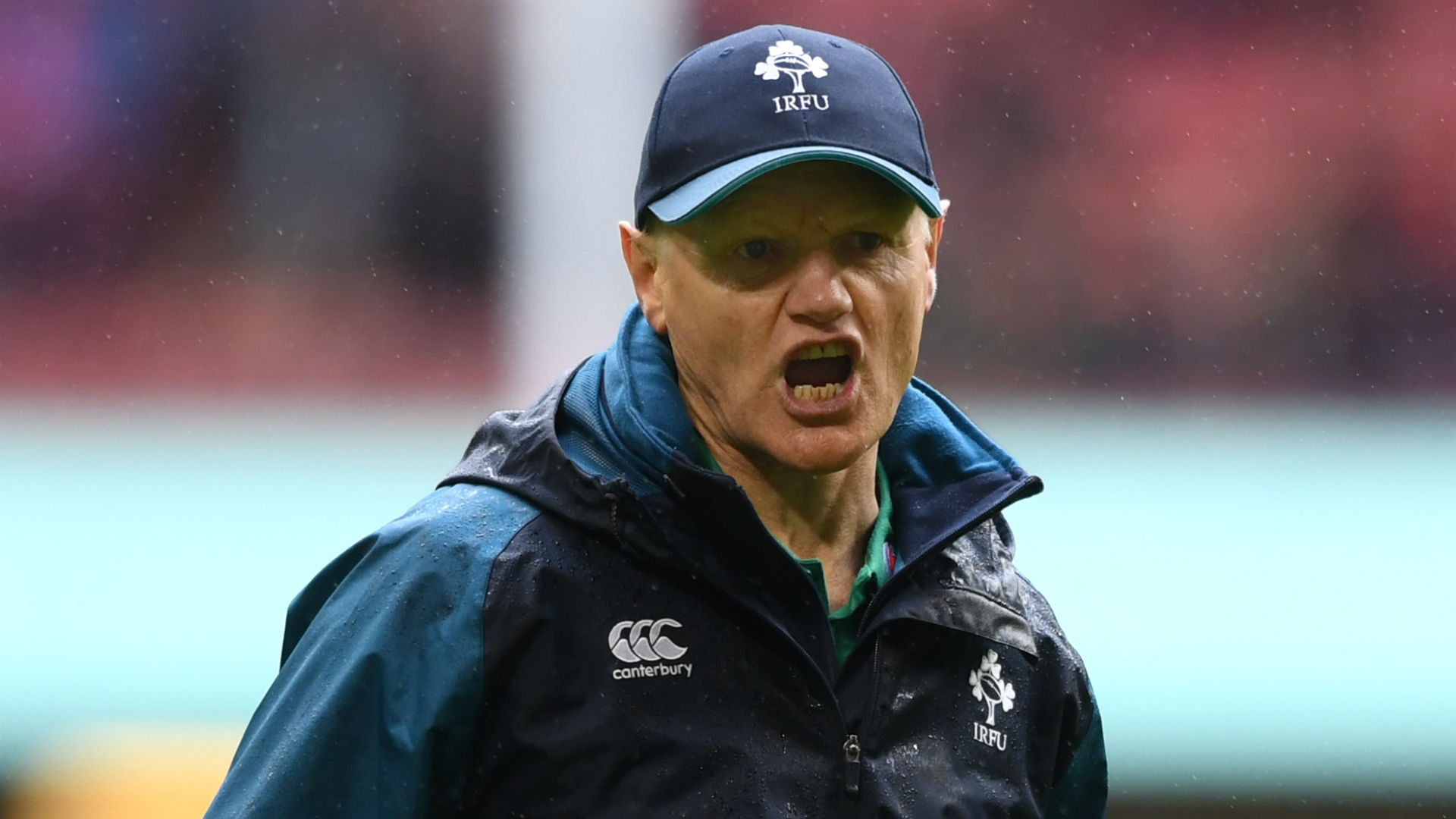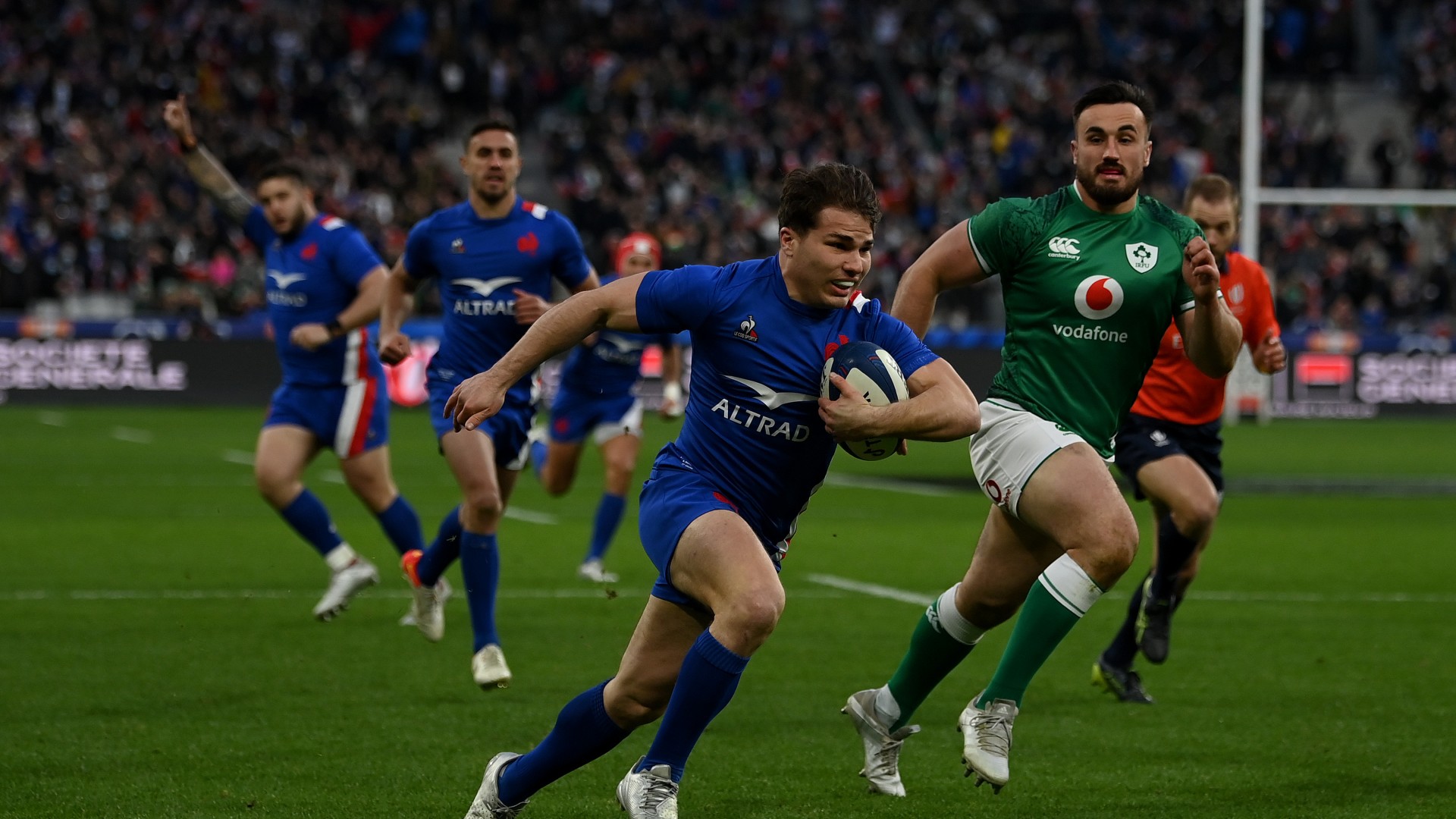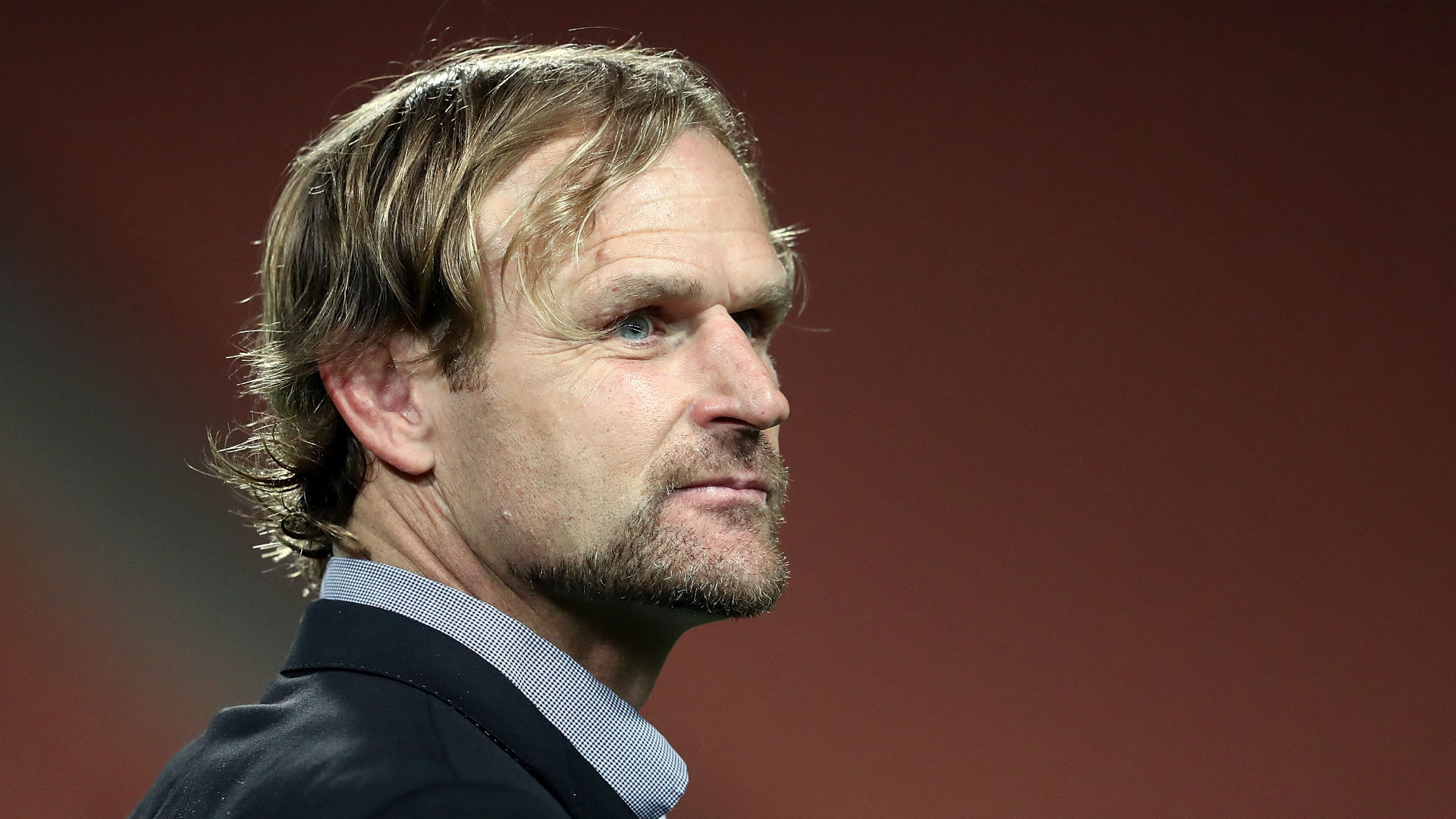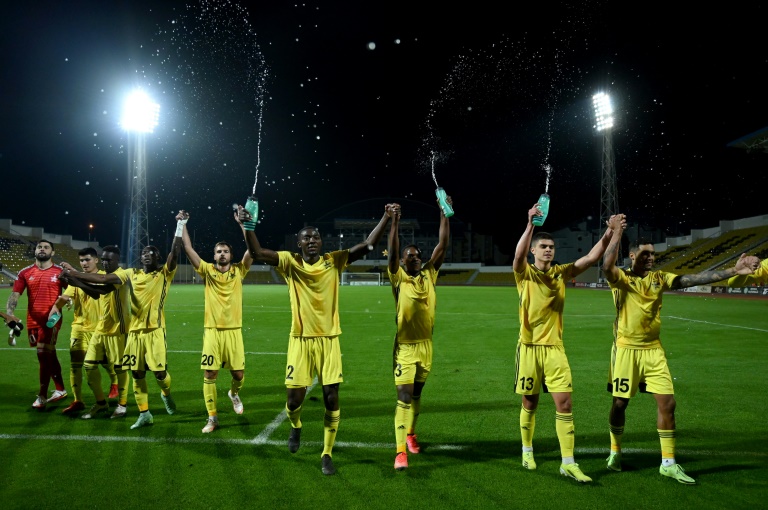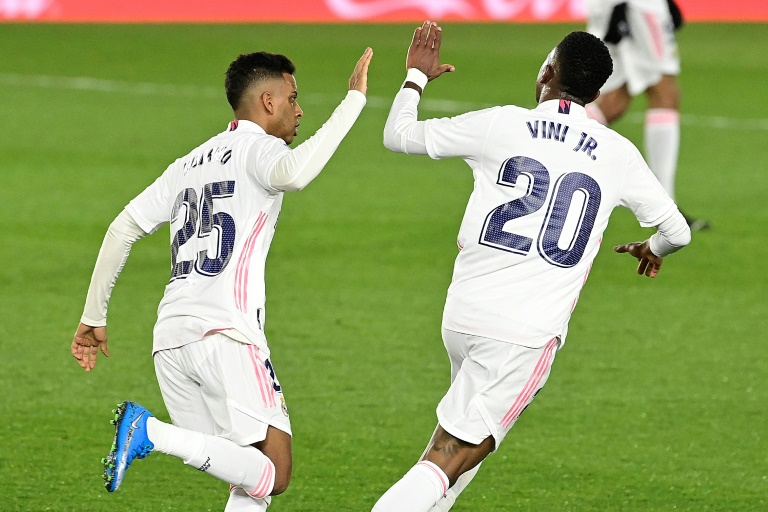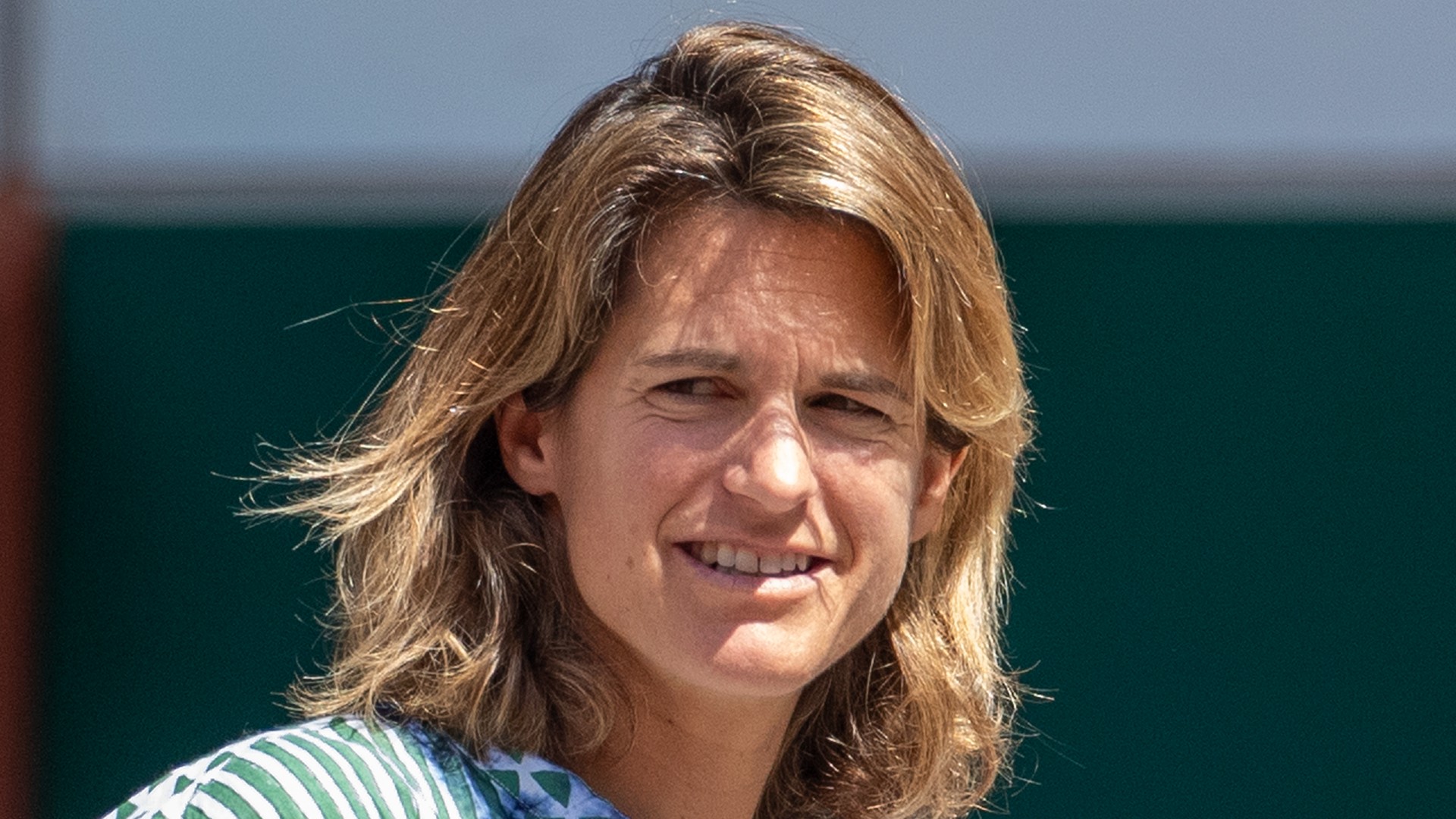
French Open director Amelie Mauresmo has apologised for suggesting women’s tennis lacks the “appeal” of the men’s game after drawing the ire of world number one Iga Swiatek.
Mauresmo – herself a former two-time grand slam winner who made the French Open quarter-finals on two occasions – made the comments while discussing the lack of women’s matches played during the night sessions at Roland Garros.
This is the first edition of the French Open to feature night sessions – but women’s matches under the floodlights have been few and far between to date.
On Wednesday, Mauresmo suggested this was down to the men’s game being more popular with spectators, saying: “In this era that we are in right now, I don’t feel – and as a woman and former player, I don’t feel bad or unfair saying that right now you have more attraction. Can you say that? Appeal? For the men’s matches.”
Those comments were labelled “disappointing and surprising” by top seed Swiatek, who will play teenager Coco Gauff in Saturday’s final.
But Mauresmo has now apologised for the comment, telling the Tennis Channel: “I want to say sorry to the players that really felt bad about what I said.
“The comments that I made were taken out of the wider picture, out of the context. Because we have one match only, I feel that it’s really tougher to schedule a women’s match because we have to take into consideration the length [of the match]. I feel it’s the fair kind of thing to do for the ticket holders.
“I think the people who know me, who’ve known me on and off the court, throughout my career, throughout everything that I’ve done, know that I’m a big fighter for equal rights and women’s tennis, women in general.”
The scheduling of night matches in the French capital has attracted other criticisms since the tournament began, with 13-time Roland Garros champion Rafael Nadal claiming “it is too late, without a doubt” after his five-set quarter-final win over Novak Djokovic ended at 1:15am local time on Wednesday.
While the sessions will stay on the agenda at future editions, Mauresmo insists concerns over late finishing times, as well as the balance between men’s and women’s matches being showcased at favourable broadcast times, must be reviewed after the tournament.
“I feel that next year, in order to be able to be more fair to the women players, as well as to both categories actually, it would be good to maybe have the possibility to put two matches or maybe a women’s match plus a doubles match,” Mauresmo added.
“[We will] try to find a better solution to be fair to everyone. We tried to modernise the event. We tried to move forward, and I can see that there are some adjustments to be made, that’s for sure. We’re going to talk about it after the tournament.”




